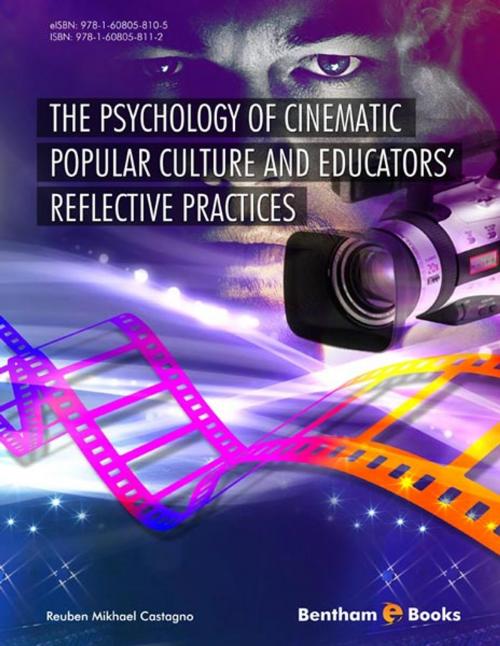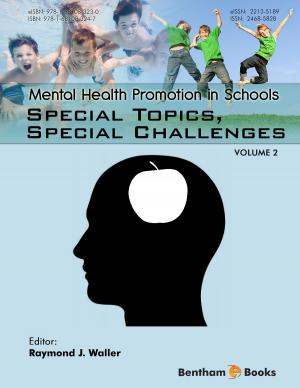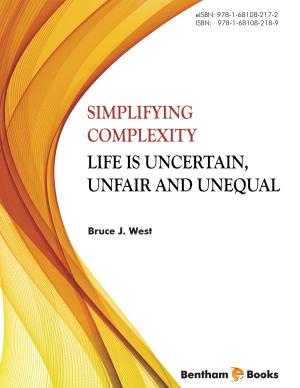The Psychology of Cinematic Popular Culture and Educators’ Rational Reconstructions
Nonfiction, Health & Well Being, Psychology, Education & Training| Author: | Reuben Mikhael Castagno | ISBN: | 9781608058105 |
| Publisher: | Bentham Science Publishers | Publication: | December 10, 2013 |
| Imprint: | Bentham eBooks | Language: | English |
| Author: | Reuben Mikhael Castagno |
| ISBN: | 9781608058105 |
| Publisher: | Bentham Science Publishers |
| Publication: | December 10, 2013 |
| Imprint: | Bentham eBooks |
| Language: | English |
This eBook presents a crucial work in the systematic study of educators’ cinematic reflections and to what extent could these be interpreted in terms of the theoretical framework of Habermas’s domains of reflection and discursive acts. The chapters in this volume altogether describe important theoretical developments, data analysis, and significant findings about the importance of popular film in pedagogy. The topics in this book present an exploratory view of reflective practices, cinematic experiences and journaling. Sample essays are also provided for the benefit of readers. It is through these converging possible cinematic explorations that we may be able to move from solitary/monologic reflective practices to a rational reconstructive educational pedagogy. This e-book will be of interest to students, researchers and teachers in the realm of psychology, education and pedagogy.
This eBook presents a crucial work in the systematic study of educators’ cinematic reflections and to what extent could these be interpreted in terms of the theoretical framework of Habermas’s domains of reflection and discursive acts. The chapters in this volume altogether describe important theoretical developments, data analysis, and significant findings about the importance of popular film in pedagogy. The topics in this book present an exploratory view of reflective practices, cinematic experiences and journaling. Sample essays are also provided for the benefit of readers. It is through these converging possible cinematic explorations that we may be able to move from solitary/monologic reflective practices to a rational reconstructive educational pedagogy. This e-book will be of interest to students, researchers and teachers in the realm of psychology, education and pedagogy.















